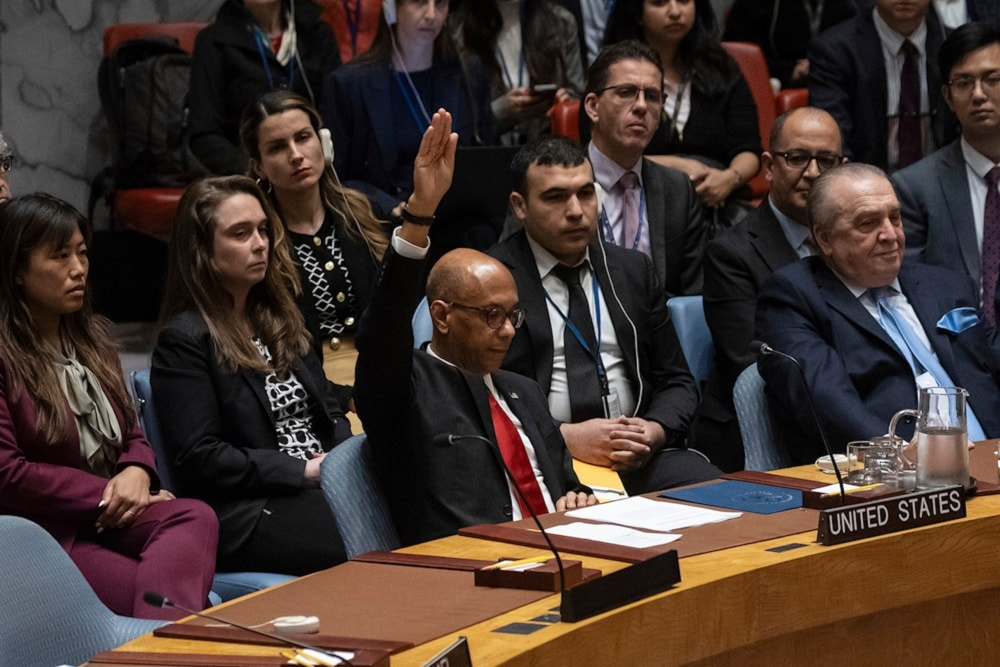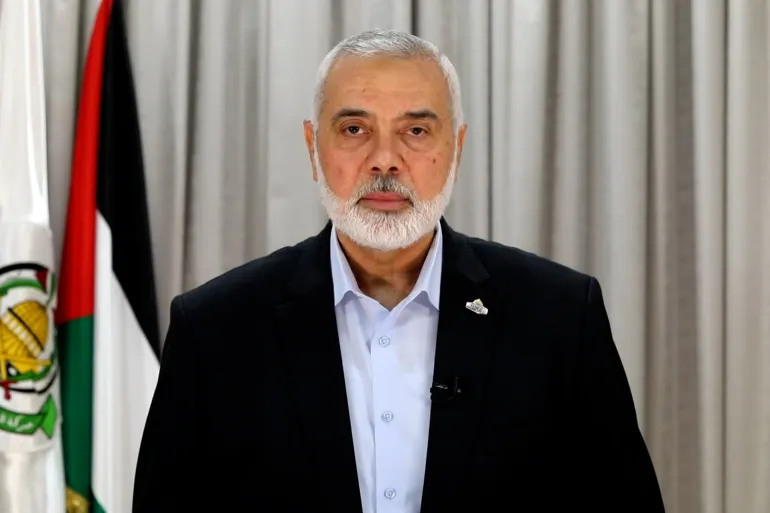
Anti-Genocide student protests go global
By mid-April, students attending wealthy private universities that have tens of billions of dollars in endowments invested in all forms of economic activities wanted their universities to be selective in their investments and divest from companies that produce anything tied to the Gaza Genocide. This happened after the International Court of Justice found that Israel is committing a plausible genocide and ordered it to take specificactions to stop the genocide. Since then protests spread to almost all Western countries, and there are signs that it will spread to poor countries though universities in such countries have no large investments in weapon manufacturing enterprises.
Universities in France, Canada, Switzerland, Australia and Mexico are witnessing sit-ins and movements demanding an end to the war that broke out seven months ago on the besieged Gaza Strip. In America, the police, who attended in large numbers, broke up the camps set up by pro-Palestinian students at various universities, the most recent of which was the University of California - Los Angeles, where dozens were arrested.
On April 18, students who rejected the Israeli war on the
Gaza Strip began a sit-in on the campus of Columbia University in New York,
demanding that its administration stop its academic cooperation with Israeli
universities and withdraw its investments in companies that support the
occupation of Palestinian territories.
Students seem to know the consequences of their actions but act, why?
A report in the Times newspaper reviewed the story of Jewish student Iris Hsiang, who was among more than 100 people arrested, in television scenes that credited her with inspiring similar acts of protests on college campuses across the United States.
Hsiang was arrested along with dozens of students at Columbia University for refusing to leave the campus during protests in support of the Palestinians and rejecting the Israeli war on the besieged Gaza Strip.
The student who was suspended from her studies and did not know whether the university would allow her to continue her studies - explained to the newspaper, in a report written by Josie Ensor - the reason for her participation in the pro-Palestinian demonstrations and what prompted her to do so. She said that she was arrested, her hands were tied with ties, and she was placed in a detention cell at the police headquarters all night. .
Hsiang - according to the British newspaper - is now standing outside the gates of the Columbia University campus during the afternoon, because she was prevented from attending classes and accessing the library, dining halls and any other buildings on campus, and was only allowed to remain in her residence as part of the terms of her suspension.
Hsiang has been charged by Columbia University, based on a police indictment, with trespassing, vandalism and “disruptive behavior.” The climate science and human rights student has been suspended from her studies, but she asks indignantly, “How can I trespass on my property at my university?”
Hsiang, who wears a black-and-white keffiyeh as a symbol of solidarity with the Palestinian cause, faces a court hearing later this month and is awaiting the university's decision on whether she will be allowed to continue her studies.
She says that her parents (the mother is Jewish and the father is Asian) are worried about her like all parents, and they support her. She adds, “I grew up in a house where we stood up to injustice, so I formulated the matter to them as follows: What do we want people to do if we were in Gaza and this happened?” Happening to us?
However, the threat of a criminal record and permanent expulsion worries the outstanding student, especially since tuition fees at Columbia University cost $66,000 annually, and she will have to pay another year’s fees if she is forced to repeat her studies after missing crucial classes and exams during the demonstration.
Although a number of professors have reached out to students to offer their support, particularly criticizing the university's handling of the demonstrations, and at least 10 faculty members wearing orange jackets standing hugging each other in Central Park on Monday when the evacuation order was issued, Hsiang is disappointed. “I can't believe it has come to this.”
The newspaper reported that New York City officials ran out of patience due to the protests, and its Mayor Eric Adams called on the parents of the students who entered Hamilton Hall to “come pick up their children” and said that the campus must be a safe place for all students.
But Hsiang rejected the idea that Columbia had become an unsafe place for Jewish students. “I am Jewish and I am afraid to enter campus, but for a different reason. I was arrested for my peaceful protest,” she said. “There is a history of using Jewish identity as a weapon. Because I am Jewish, I support the Palestinians against persecution.” .
The newspaper concluded that Hsiang, even if she was not expelled, would have to repeat the academic year because she missed most of her final exams, although it is up to the individual professor to accept or reject the course work of the arrested protesting students, according to the university.
Hsiang concluded her interview with the newspaper by saying, “I am thinking about my future, but at the same time I am thinking about the students of Gaza, as there are no longer established universities. This will definitely change the course of my life, but I went into it knowing that it was a possibility. If Columbia University continues in this situation "There's not much this university can teach me."












































































